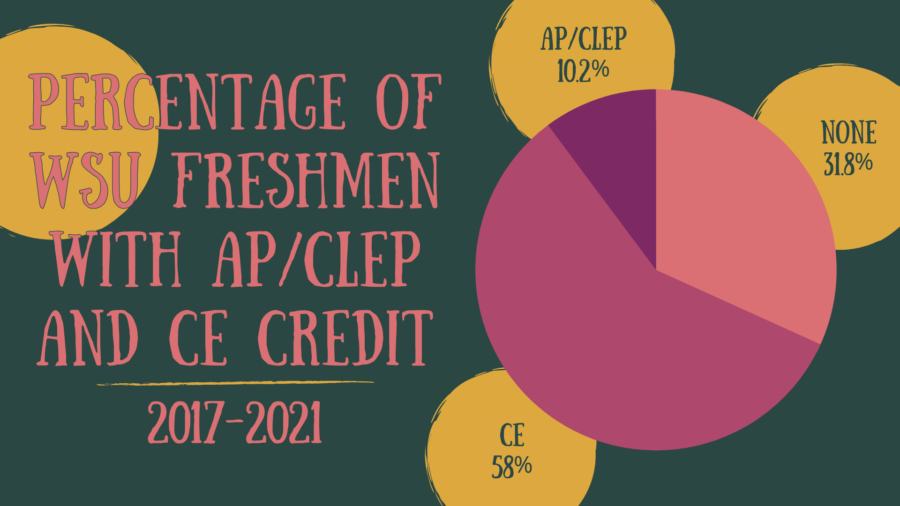Many students balancing work and school may have a plethora of expenses to answer for, and managing expenses can be difficult and time consuming. The Money Management Center at Weber State exists to help students navigate financial literacy and management concerns while providing services and resources to assist students with individual needs.

Jennifer Garner is the financial literacy coordinator and basic needs network coordinator at Weber State. She oversees the Money Management Center.
“The students that I see in this office aren’t the ones who are making $75,000 a year; its the parents who, oh, my dad is undocumented, or my dad is disabled or my dad just got out of jail,” Garner said.
Resources available are extensive: there are 900 private scholarships at Weber State provided through endowments. FAFSA and Pell Grants also can subsidize the cost of college tuition for students.
“I never like to refer to it as free money, because it is taxpayer money,” Garner said.
Differences between subsidized and unsubsidized loans are important for students to understand. Subsidized loans are where taxpayers pay interest while a student is in school with payments due six months after the student’s exit, and Garner says they are usually between 4% and 7% interest.
Unsubsidized loans accrue interest for the entirety of the time a person is in school, even if a student takes a semester off. Payments are again due six months after a student leaves school. Twenty years is the typical loan term, but there is no penalty for paying them off early.

However, the problem still stands that while tuition may be covered, costs of rent and day-to-day life can leave students in a state of financial strain.
“Several students have made agreements with housing and FAFSA, but then they don’t realize, oh, this is more than I thought this would be, this is not affordable,” Garner said.
Students can become stuck in a cycle of working increasing hours to cover the costs of incidentals while their grades begin to suffer.
“They want you to have debt, which isn’t fair, right? But they want you have debt and use it responsibly,” Garner said.

The money management center offers courses and presentations for students on budgeting, understanding credit and building savings in addition to providing guidance on loans and completion of FAFSA applications. Appointments with an advisor in the Money Management Center are available for scheduling online or the office in the Shepherd Union 214A across from the Fireplace Lounge.



















